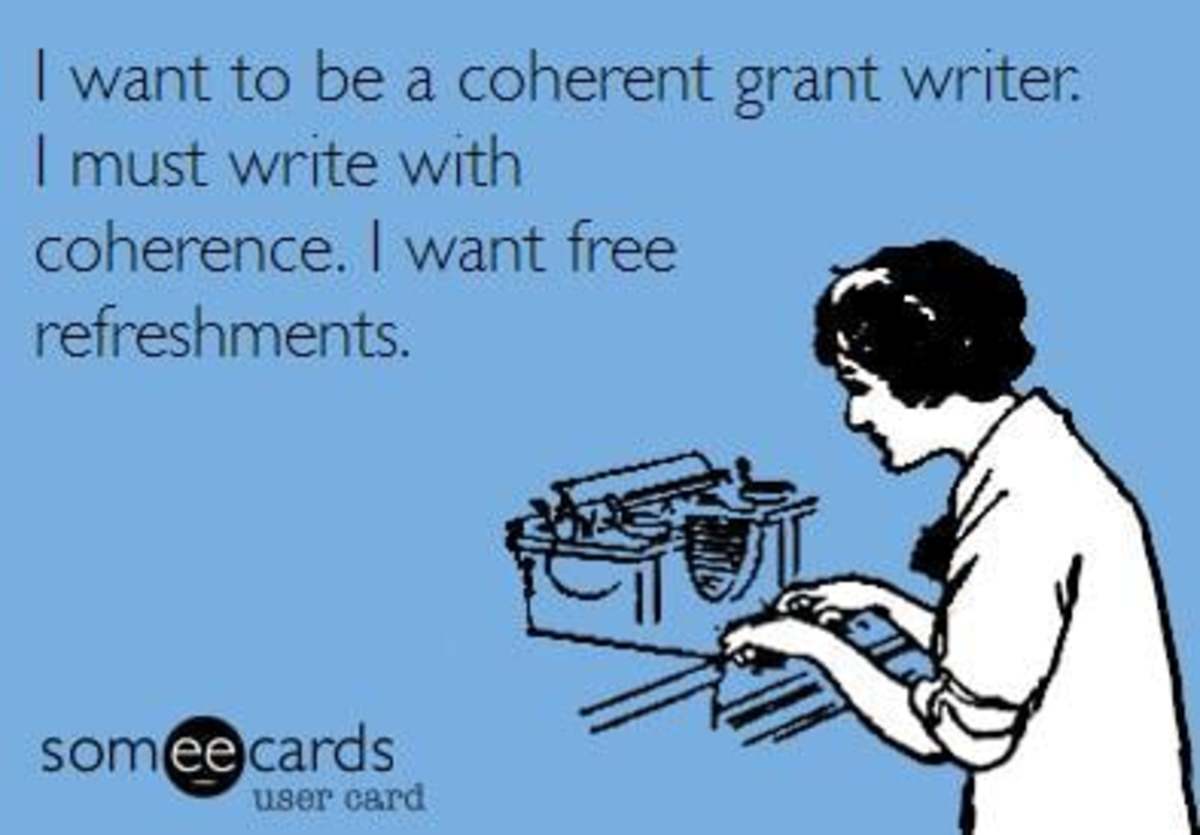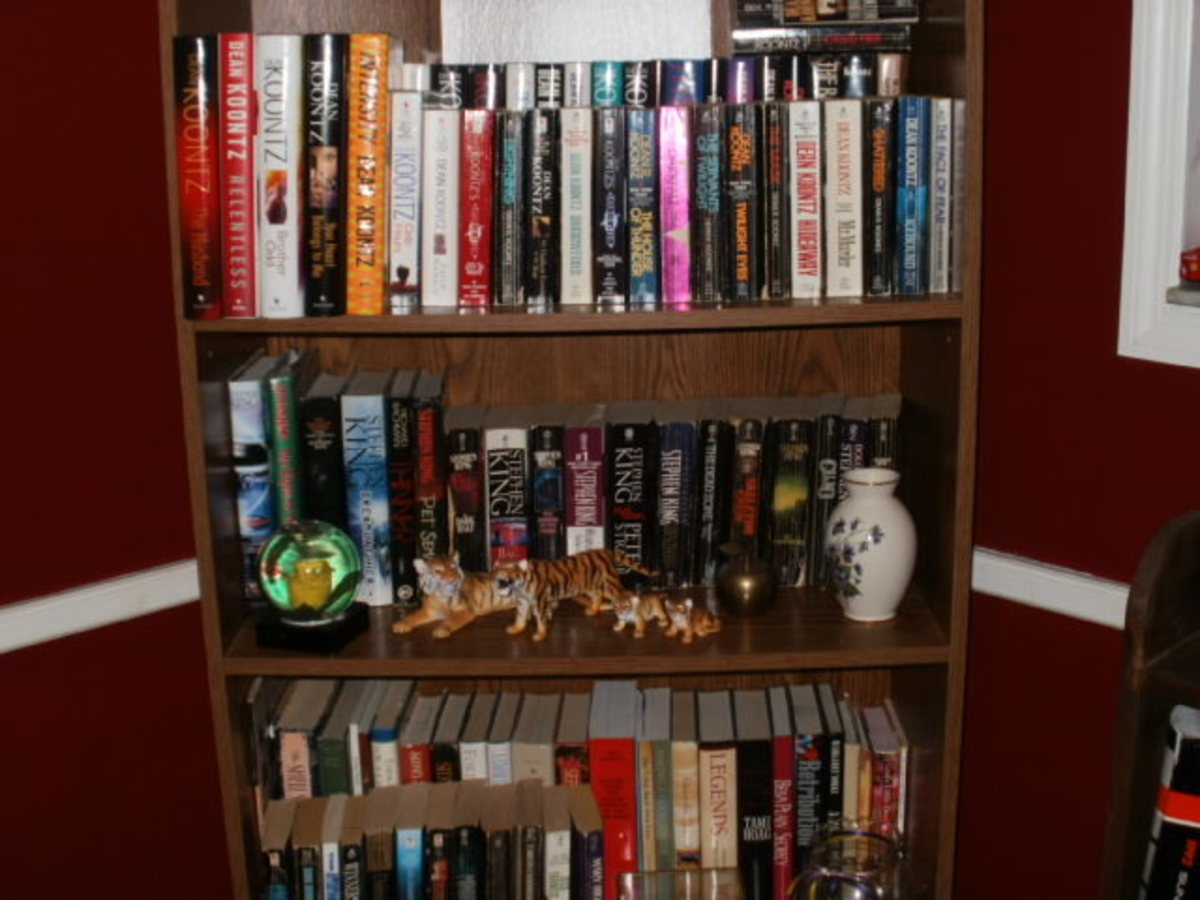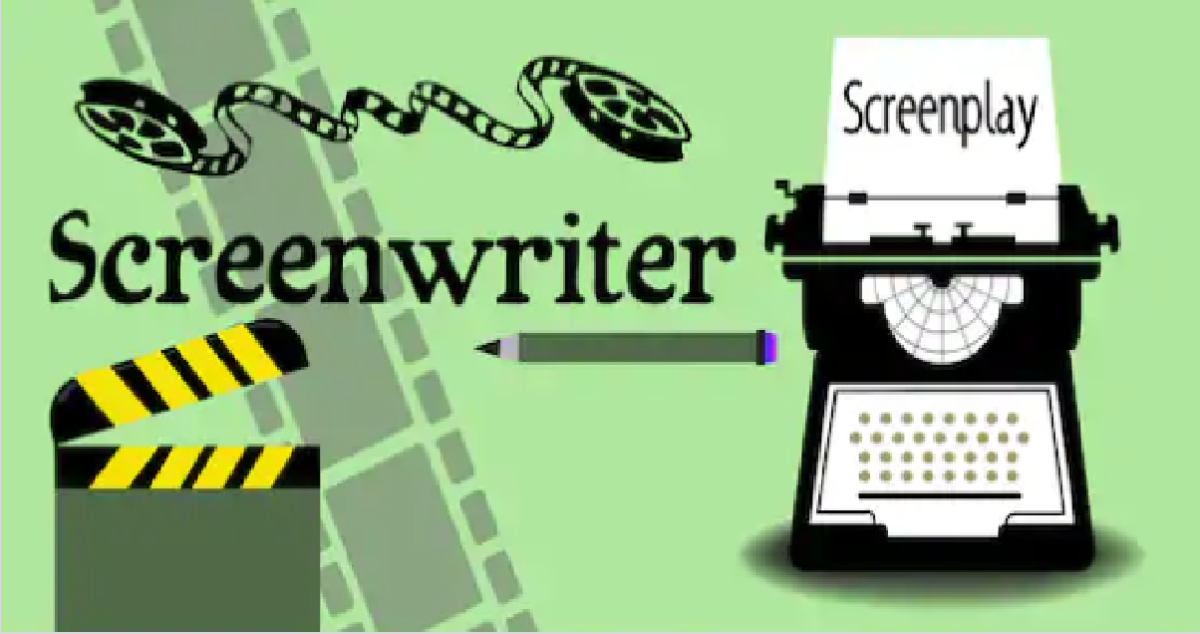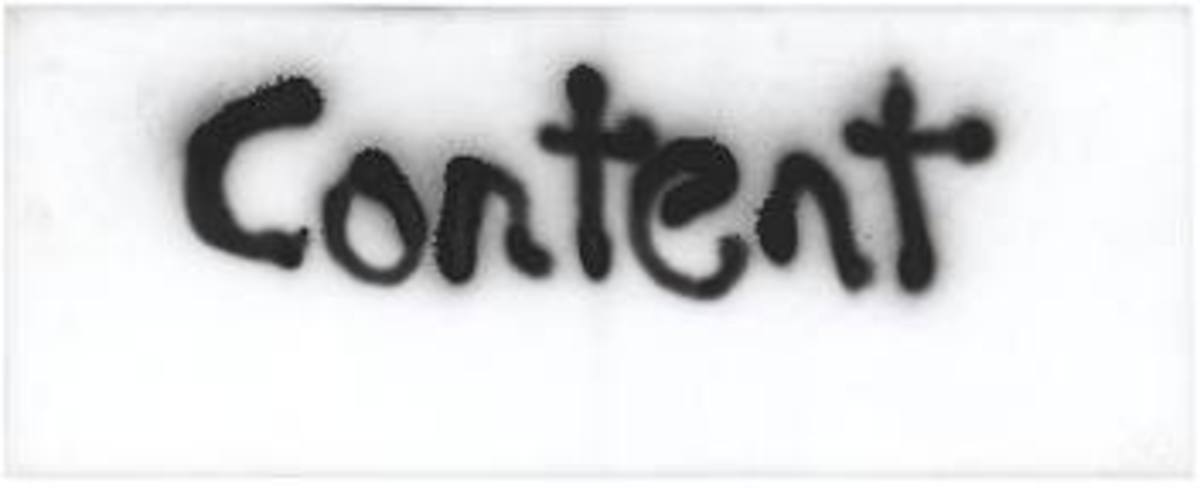- HubPages»
- Books, Literature, and Writing»
- Commercial & Creative Writing»
- Making Money as a Writer
3 Considerations To Make As a Budding Writer
As You Begin Writing...
Writing. So much has been written about it. Yet one can seem to say enough. I've spent the last 15 years being a writer - working on a number of projects. Trust me, it's nothing to brag about. Most of them bored me to tears.
Of course, we all have to make a living. Having said that, any writer will tell you that it's definitely not the way one gets rich. While it might differ from person to person, the truth really is it depends on what you write for a living. That's the disgruntled writer in me, speaking.
Speaking of which, there are a number of opportunities for writers. As the field crystallizes, one can write e-books, press releases, features, blogs, articles of the news and informative variety, technical and marketing documents or even extensive educational guides. After a while, people will think you're crazy when you begin to speak in Greek and Latin.
Yet no matter what kind of writing you fancy, there are certain core skills that are necessary. Each type of writing follows a kind of “framework” that works for nothing else.
But apart from this framework, there are other elements that make the difference between a good piece of writing and a great one.
Of course, not all of us can be Ernest Hemingway for whom writing was a simple matter of “sitting at a typewriter and bleeding”. We live in different times too where the art of writing and its value has changed drastically.
In other words, not all of us writers can ever boast of putting out great work – day after day. We're not all given talent in the form of imagination put into words but we can learn how write with clarity, brevity and as simply as possible.
So, do you have it in you to be a writer? Of course. But there are certain aspects that you have to work on in order to improve what you put out as a full-time or part-time writer.
Having said that, maybe this journey of mine might offer a few insights into the field of writing.
Who knows? If a simple chap like me could make a living from writing, you can do it too.
Well, all you have to do is sit at a typewriter and bleed...

Writing... It's All About Reading
As a child I always enjoyed reading. It was Isaac Asimov and Alistair Maclean. Probably, the best novelists in the genres of science fiction and thrillers.
Yes, there were the classics, comics and the boring textbooks as we went through twelve years of school education.
But these two authors have stayed with me since then. Whether it was Maclean's penchant for detail or Asimov's rich imagination, those stories remain at the back of my mind even now.
Of course, what really helped was that we had only two television channels, no computers in sight and best still, no videogames either.
Reading was all we had for entertainment apart from spending hours playing sport – as normal kids do.
So, what does this have to do with writing?
A lot, actually. One important element of writing involves sentence construction which, in turn, requires pertinent word choice and sentence length. In other words, if you want to be a good writer, you have to spend time reading the best literature that demonstrates the very best examples of these elements.
But most of all, reading all types of literature from a variety of time periods, can enrich your imagination – a very necessary tool especially if you are lucky enough to write creatively for a living.
Another big advantage of reading is you see the English language at its very best – both in the written and verbal sense. Even if one knows the parts of speech or the various dialects of English, learning to use the language requires you to examine the language being used in both direct and indirect speech.
The point I'm trying to make – and as you will realize over time – is that reading a variety of novels, poetry, articles, essays, screenplays will leave its impact on you. This will not only affect the way you write but also the way you communicate verbally.
Since the devil is in the detail when it comes to good writing, learning how English is used naturally, sentence construction, word choice and how you can verbalize your thoughts.
What's more, you'll also see how reading benefits you at work, play and everything else in between.
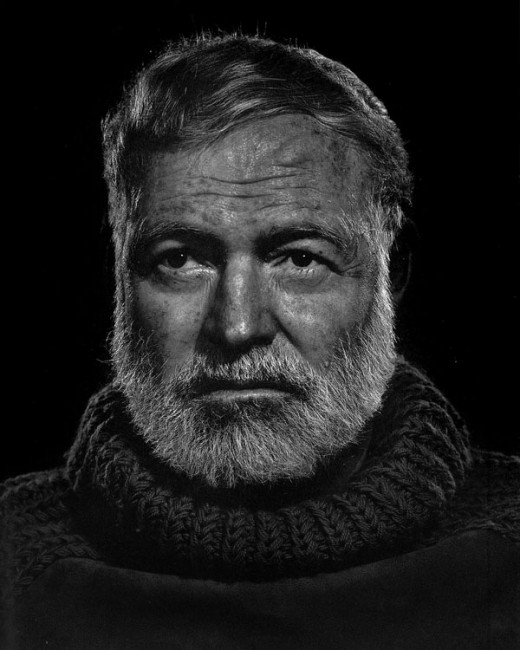
Don't Worry About The Rules, Just Write For Your Audience
Right off the bat, there are no rules to 'great writing'. There are so many variables involved apart from the ones mentioned in the previous section titled “Writing... It's All About Reading”.
Yet any writer worth his salt will tell you that purpose is just about everything when it comes to writing something that is truly worth reading. In other words, why you write something determines how you will go about the writing process itself.
So, how does one determine the purpose of any type of writing?
If you think about it: every person who reads what you've written is unique. And by unique I mean, the level of English they are comfortable with, the words they can understand without needing to refer to a dictionary, their attention span, their interests, opinions and prejudices. Yet most of all, the “information gap” that you are trying to fill with the piece of writing you've spent time on.
Let's face it: there's no point writing something that does not meet a need. Simply put, this is the purpose of that piece of writing. Can you teach someone to pour a glass of water correctly? Or teach them how to install open source software via the command line? Or even help them learn how to dress their child in a pair of diapers?
Most modern day writers are aware of the mantra “Inform. Educate. Entertain”. And that's what any kind of writing is roughly broken down into.
So, it doesn't matter whether you use simple language or are wordy, whether you use long sentences or short ones, strong verbs or none – all that matters when you are done writing is that it should meet that 'need' of your audience.
For example, if you are writing a technical guide to install VLC Player, there will be no need for adjectives. Of course, if you are writing a movie review, that's when you can literally abuse your dictionary with a generous helping of both adjectives and adverbs.
As you can imagine, you won't be able to please all your readers. Some will find it difficult to understand what you've written, others might find it too simplistic while some others might even find it providing insufficient information as well.
You will have to welcome criticism not unless you've given the topic you are writing about a good amount of thought. Even the best writers were criticized, so you'll just have to develop a thick skin. Having said that, and no matter what, all you have to remember is that it's all about your audience.
Trust me, there's nothing more disastrous than a writer without an audience, appreciative or otherwise.

The 'Basic Unit' of Writing: The Sentence
The most basic unit of any piece of writing is the sentence. It doesn't matter which language you write in. Words while carrying meaning of their own don't necessarily offer as many specific as you would find in a sentence.
For example, let's take a sentence from that nursery rhyme: “Jack and Jill climbed up the hill to fetch a pail of water.”
You clearly know what Jack and Jill are upto here while both these names when read on their own offer less information, which in turn, means little or nothing compared to the sentence itself.
Yet there's more to writing than just the sentence. A few sentences form a paragraph. A few paragraph form a section. A few sections can form an chapter. A few chapters can form an entire book.
In other words, sentences build on other sentences to add more and more meaning to anything you write until you have a full essay or article.
It's not very different to each brick that when put together in a cohesive manner turns into a home. By themselves, these bricks would be useless but when they're together, they are more than useful.
Writing well is no different. So, it's not hard to imagine that if you want to recognized as a good writer, each sentence must be written well while forming some sort of association with other sentences through the article, blog, poem, chapter or book.
In other words, there should be a decent structure and flow that should give the reader the impression of connectedness as you make your point with unmistakable clarity.
What you should also remember is that each and every sentence should contribute to meeting the need of the reader. This is evident if you are writing a few simple steps to install a program on your computer. Each sentence to describe every step is necessary or the user might get it completely wrong.
As for the rhyme above, the following sentences continue as, “Jack fell down and broke his crown and Jill came tumbling after”. Without a doubt, it lends a sense of continuity to the first sentence in describing what happened after Jack and Jill went up the hill.
So, it's vital for one to remember that good writing involves writing simple and clear sentences while connecting them together like the pieces of a puzzle while taking your reader on a 'mental journey' that helps them discover some truth, learn something new or even set their imagination free.

In Closing...
So, as you begin this journey as a writer, it's important to understand that, in the modern world of commercial writing, it takes a lot of learning to become a craftsman of the the written word.
How you can truly speed up this process is by taking a number of creative writing courses that will help you to write appropriately to the specifications of the document you are trying to prepare. It takes a lot of work, mind you. Not everyone's cup of tea. But as with all good things, you'll feel very satisfied as one just as you move on from strength to strength meeting the demands of such a position.
It's a journey that can very enriching not unless you have other pressing needs. If anything, I would suggest that you expect this to be a long hard climb where you only write what is closest and familiar to you. Hemingway, as quaint as his advice is, couldn't have put it better!
Nothing less, nothing more.


